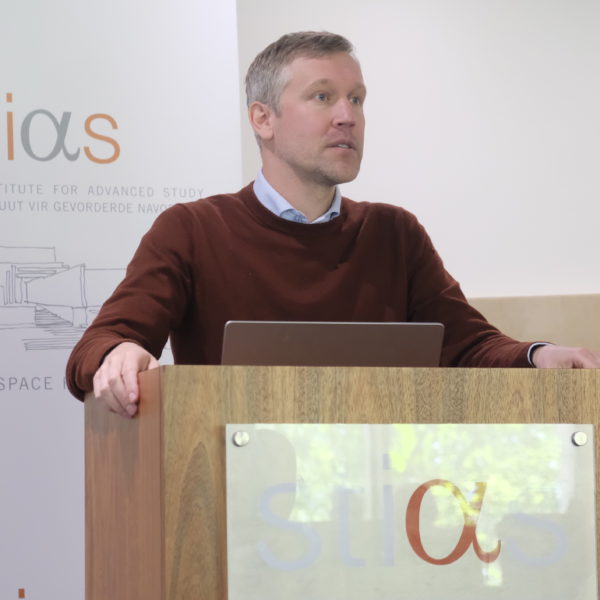The beautiful colors of stained glass arise thanks to metal nanoparticles embedded in the glass. The metallic nanostructures act as antennas for light, making them useful in many areas. Examples include solar energy conversion, biosensors and new types of flat ultrathin optics. In our research, we recently introduced organic conducting polymers as a new type of materials for such optical nanoantennas (Chen et al. Nature Nanotechnology 2020, 15, 35-40). In contrast to conventional metals like gold or silver, these organic materials can be reversibly switched between being metallic and dielectric, which enabled us to create optical nanoantennas that could be turned off and on again. Our initial system was controlled chemically and more recently we also demonstrated electrical control of conducting polymer nanoantennas (Karki et al. Advanced Materials 2022, 34, 13, 2107172). This project aims to further develop this new research field of dynamic organic nanooptics in several exciting directions. More information about our research can be found at www.mpjonsson.com.
Menu
Related news
Related news
Related publications
Related publications
Journal Article
Chen, Shangzhi and Magnus P. Jonsson. 2023. Dynamic Conducting Polymer Plasmonics and Metasurfaces. ACS Photonics, 10(3), 571–581. https://doi.org/10.1021/acsphotonics.2c01847
Share this project:
Share on whatsapp
WhatsApp
Share on email
Email
Share on facebook
Facebook
Share on twitter
Twitter
Share on linkedin
LinkedIn
Is any information on this page incorrect or outdated? Please notify Ms. Nel-Mari Loock at [email protected].


